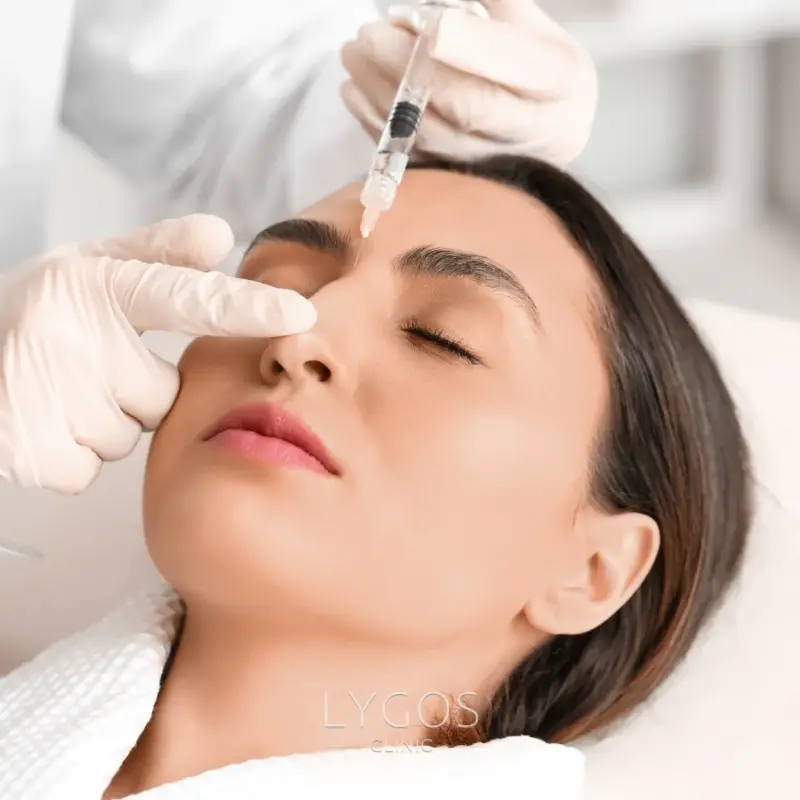What is Glutathione | Glutathione Benefits and Treatment
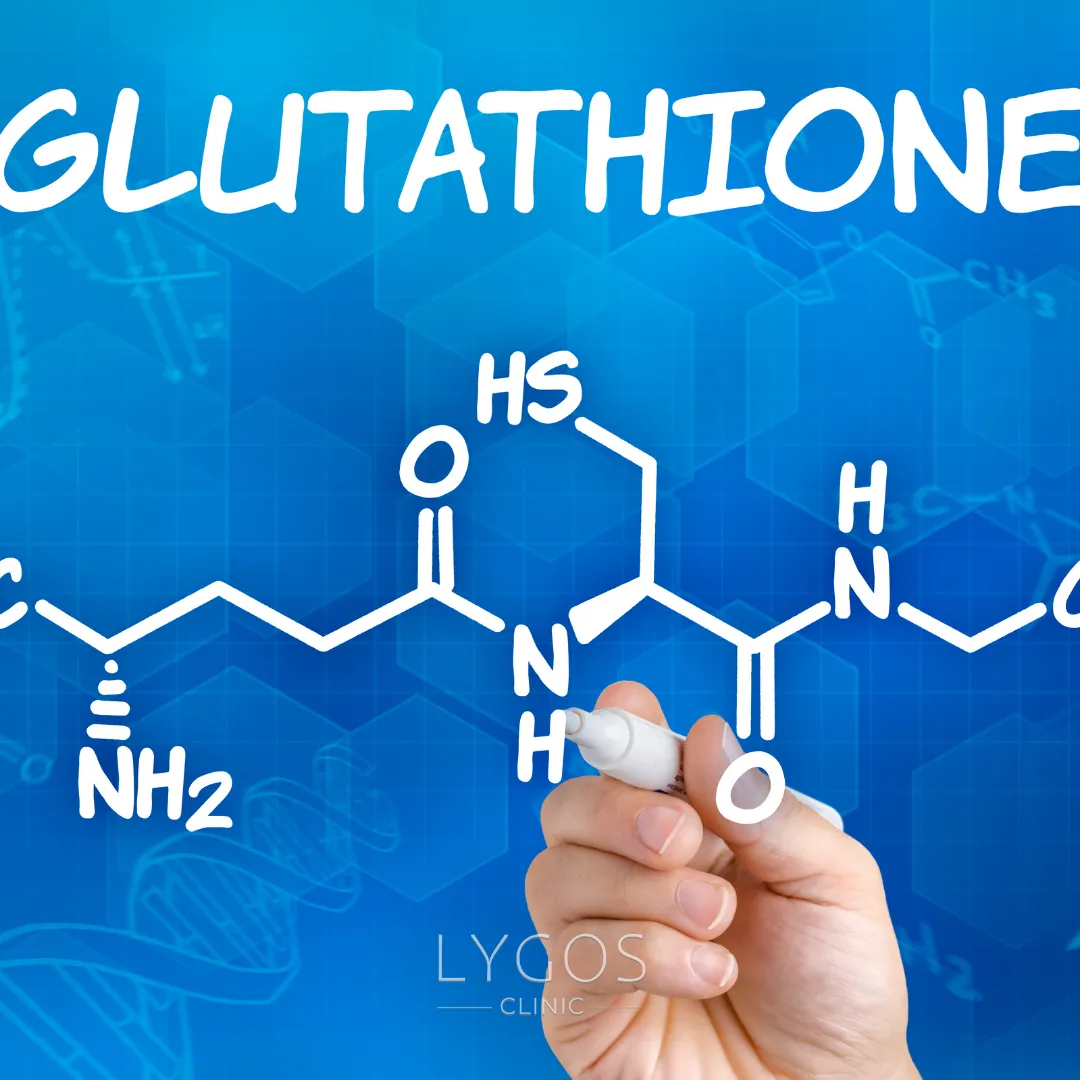
Glutathione Treatment Methods and Benefits
In answer to the question of what is glutathione, it can be said that it is a powerful antioxidant that eliminates free radicals. This vital antioxidant is naturally produced by the body. It is critical in maintaining good health. Glutathione is made up of three main amino acids: glutamine, cysteine and glycine.
Maintaining high levels of glutathione positively affects a person’s overall health. High levels of glutathione boost the immune system, increase energy levels and protect against diseases. Furthermore, glutathione helps mitochondria, the energy center of cells, to function more efficiently, which supports cellular energy production.
Therefore, maintaining glutathione levels in the body is extremely important for overall health and performance. It is possible to optimize glutathione levels through healthy lifestyle choices, a balanced diet and appropriate supplements. In this article, we will discuss what is curious about glutathione…
What is Glutathione?
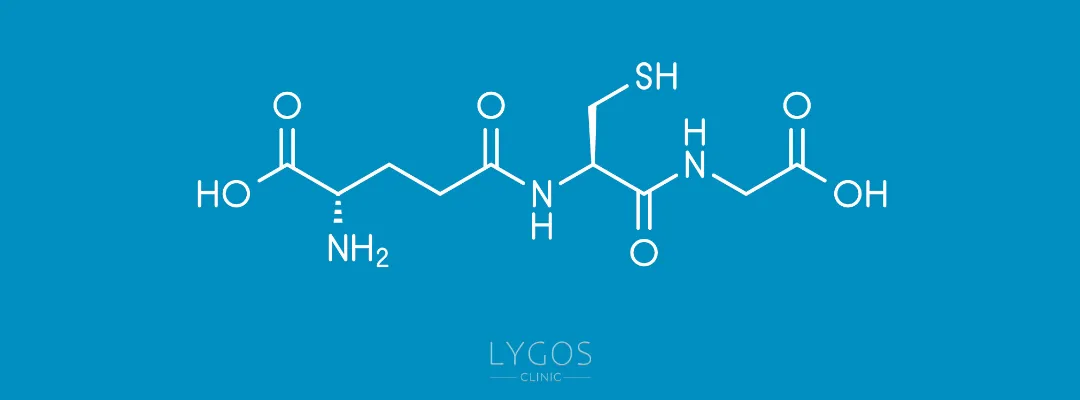
Glutathione is a powerful antioxidant composed of three amino acids called cysteine, glycine and glutamine. Although it is found in almost every cell of our body, it is most abundant in the liver. Thanks to its sticky sulfur chemical group, glutathione collects and neutralizes harmful molecules known as free radicals. This process provides a great support to our immune system.
Glutathione plays an important role not only in fighting acute diseases, but also in reducing the symptoms of chronic diseases. Therefore, the consumption of glutathione-containing foods is critical for increasing our body’s antioxidant capacity and maintaining our overall health. Maintaining a healthy lifestyle and supporting glutathione levels helps to strengthen our immune system and increase our resistance to disease.
Causes of Glutathione Deficiency

Glutathione deficiency often goes unnoticed because glutathione intake is possible from many foods. The body can also synthesize this compound in the process of producing other amino acids. Therefore, glutathione is not considered an essential nutrient. The causes of glutathione deficiency are:
- Exposure to environmental toxins
- Stress
- Aging
- Cancer
- Diabetes
- Parkinson
- Hepatitis
Increasing glutathione levels is possible by adopting a healthy lifestyle. Consuming antioxidant-rich foods, avoiding stress and minimizing exposure to environmental toxins can help maintain glutathione levels. It is very important that people who are considering taking glutathione supplements consult their doctor. It should be remembered that these supplements do not eliminate all health risks.
What are the Symptoms of Glutathione Deficiency?
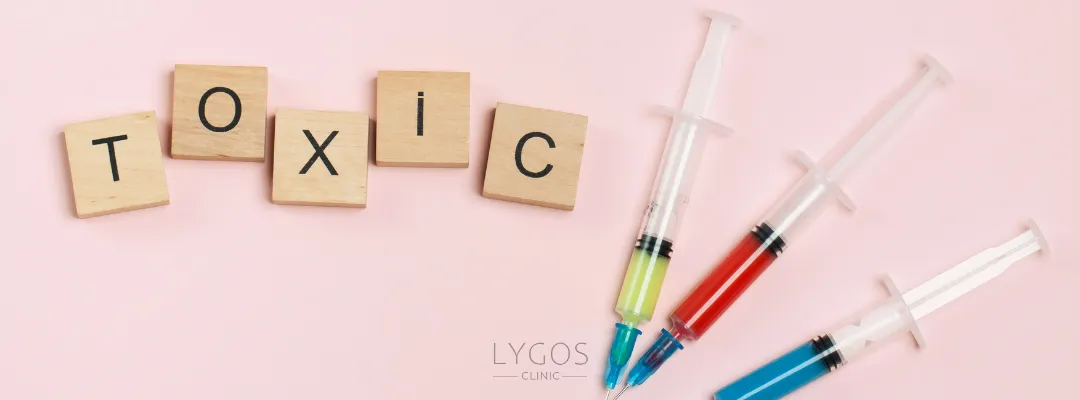
As we age, the body’s production of glutathione decreases. The increase in toxins also causes a serious decrease in glutathione levels. Glutathione circulates throughout the body, collecting free radicals and neutralizing them. However, at a certain point, glutathione reaches saturation and is replenished by traveling to the liver. Under normal conditions, 10% of glutathione is oxidized, while 90% is active.
When the level of active glutathione falls below 90%, free radicals begin to damage the body. With the accumulation of toxins, glutathione levels decrease even further. When this level falls below 70%, the immune system begins to experience serious problems. Glutathione deficiency can be caused by intrinsic and extrinsic factors. Intrinsic factors are caused by the body’s increased need for glutathione, such as DNA repair, immune system functions and protection against oxidative stress. Extrinsic factors are toxic substances that we are exposed to on a daily basis.
Therefore, maintaining glutathione levels in the body is extremely important for maintaining good health. To support glutathione levels, it is necessary to consume antioxidant-rich foods and reduce toxin exposure. By adopting a healthy lifestyle, it is possible to ensure that the body gets enough of this vital antioxidant. So, what are the symptoms of glutathione deficiency?
- Slow healing wounds
- Memory problems
- Low energy
- Fatigue
- Lack of concentration
What are the Benefits of Glutathione?
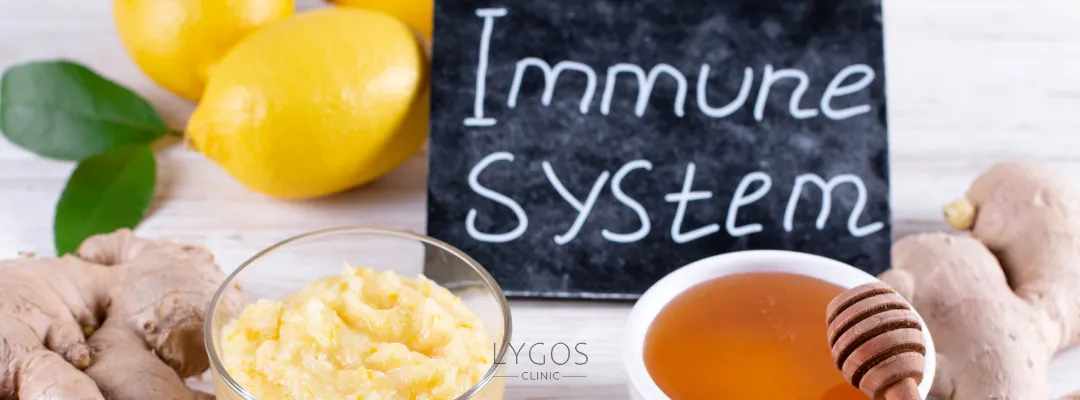
Factors such as irregular nutrition, environmental factors and stress can reduce glutathione levels. As age progresses, a decrease in glutathione values is also observed.Glutathione can be taken in capsule and liquid form as well as naturally produced by the body. As a powerful antioxidant, glutathione provides important benefits to the body in areas such as strengthening the immune system, heart disease and liver treatment. It also plays an effective role in reducing the effects of aging. The benefits of glutathione are as follows:
- Improves insulin resistance
- Removes cell damage in liver disease.
- It can reduce the risk of cancer.
- Can be used for Parkinson’s disease.
- It can support the treatment of ulcerative colitis damage.
- It is good for autism disorders.
- May be effective against diabetes.
- Increases mobility in peripheral artery disease.
- It is good for diseases such as psoriasis.
- It can reduce problems such as oxidative stress.
- It can be used in the treatment of vascular occlusion.
- It can be effective against diseases such as asthma.
- Increases muscle strength and efficiency.
- It helps to remove blemishes.
Natural Sources of Glutathione
There are many foods that contain glutathione. Milk thistle is one of the plants with the highest glutathione content in nature. This plant increases glutathione levels in the body, helping to effectively eliminate toxins. Likewise, cheese is also notable for its high glutathione content. This strengthens the immune system and makes the body more resistant to diseases.
Heavy metals and toxic substances tend to accumulate in the brain, intestines and fatty tissues. Failure to eliminate these harmful substances from the body leads to various health problems. The widespread use of pesticides and foods containing genetically modified organisms (GMOs) can negatively affect the body. This makes it increasingly difficult to obtain the glutathione the body needs from natural foods.
With the right diet and appropriate supplements, it is possible to maintain and increase the body’s glutathione levels. Foods containing glutathione contribute to strengthening the immune system, protecting cells and improving overall health. Consumption of glutathione-rich foods can support the elimination of toxins from the body, helping to lead a healthier life. Some of the foods that contain glutathione are:
- Garlic
- Onion
- Broccoli
- C cauliflower
- Brussels sprouts
- Spinach
- Asparagus
- Pepper
- Carrot
- Potato
- Avokado
- Pumpkin
- Melon
How is Glutathione Treatment Performed?

In order to get glutathione into the body in the most effective way, the intravenous route is used. This method allows glutathione to mix directly into the blood. In this way, it is possible to use it quickly and effectively in the body. The application is carried out painlessly through a vein. Glutathione treatment is usually completed in as little as 10-15 minutes.
In glutathione treatment, glutathione in powder form is mixed with pure water or a suitable solution before administration. This mixture is given directly intravenously. Glutathione taken orally loses its effect in the stomach and does not benefit the body. Therefore, the most effective method is intravenous administration. Glutathione taken intravenously enters the bloodstream directly and starts to fight free radicals in the body quickly. This protects cells and cleanses the body from oxidative stress. Using glutathione in this way supports the overall health of the body and strengthens the immune system.
Glutathione Serum Therapy
Glutathione serum therapy solves more than one problem. Thanks to being a practical method, it is preferred by many people. The most striking benefit of this treatment method is that it increases the glutathione level in the body. It is very important to consult a specialist before glutathione serum treatment, which shows its effect in a short time. In this way, the most appropriate method for you can be determined and your problem can be treated faster.
Glutathione serum treatment fights free radicals in the skin. In this way, oxidative stress is reduced; fine lines, wrinkles and signs of premature aging are eliminated. Glutathione serum treatment, which makes the skin tone more even, is also effective against pigmentation problems. This treatment regenerates skin cells and can restore elasticity to the skin. In this way, the roughness on the skin surface is reduced and the patient can gain a younger and more vibrant appearance.




